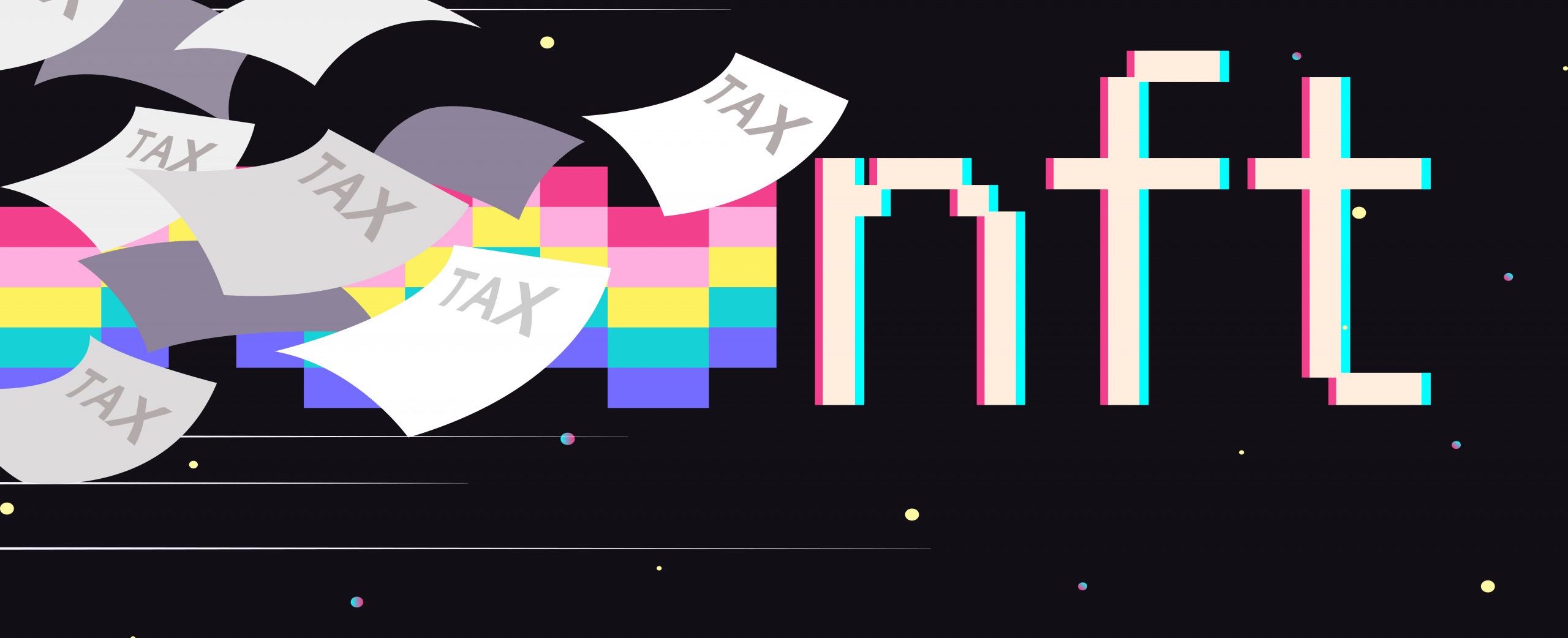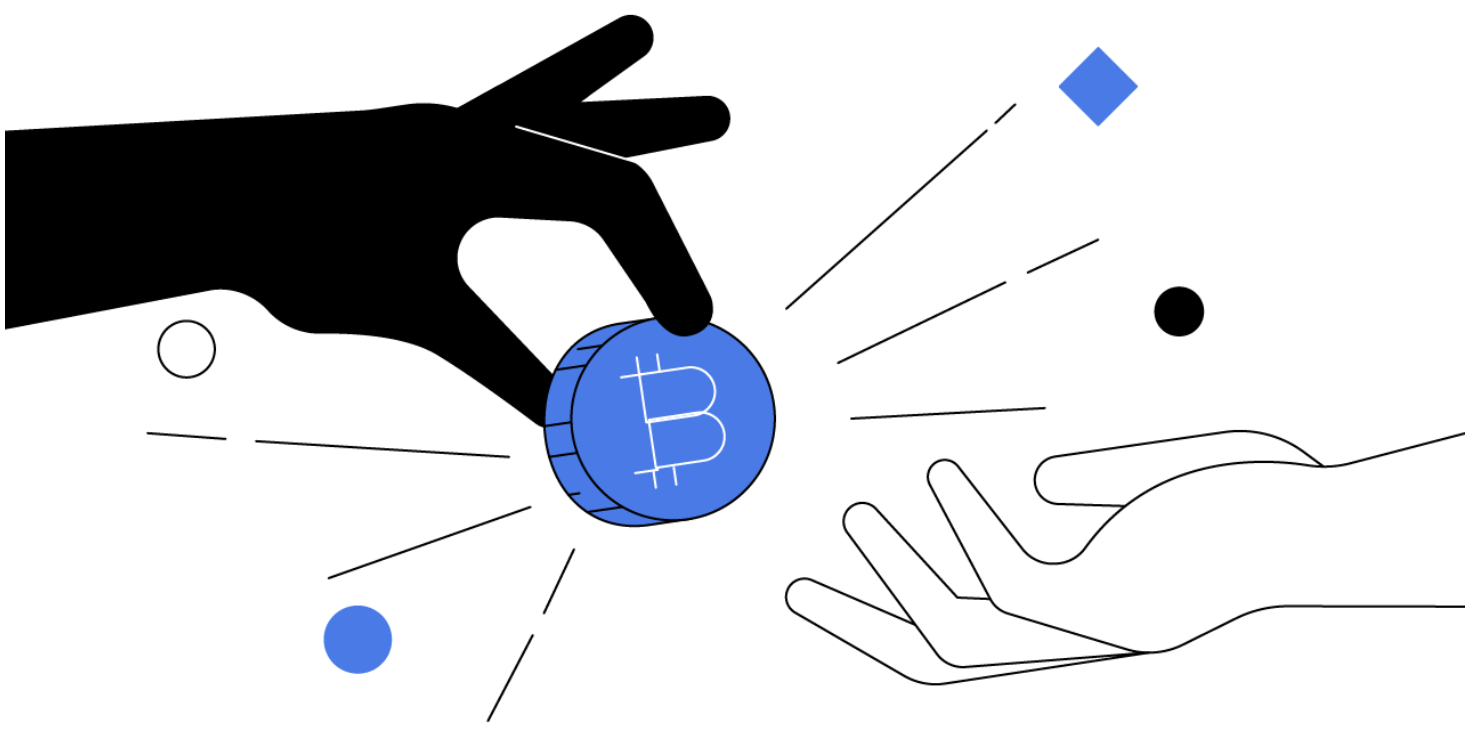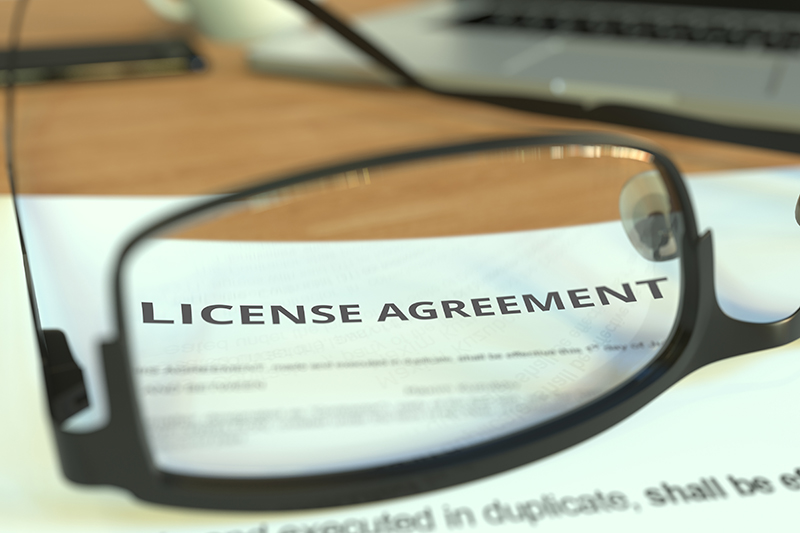VAT taxation of NFT transactions

The popularity of non-fungible tokens (NFTs) and numerous new proposals for their use raise questions about how transactions involving them are taxed. The problem of VAT treatment of transactions involving NFTs comes to the fore. Indeed, a number of questions arise in this context: Is NFT a good or a service? If a service, what kind of service? Does the sale of tokens constitute a financial service? Is it subject to VAT exemption? We will try to answer these questions in this text. § VAT taxation of NFT transactions.
What are NFT tokens?
NFT tokens are non-exchangeable, unique digital elements that represent a unique digital or even physical object through data stored on the blockchain. Thanks to this solution, the data can be considered unique and authentic, allowing NFTs to be used as a kind of certificate referring to a specific right.
It is worth further clarifying what an NFT token is not. First of all, it should not be equated with virtual currency in the sense of the Law of March 1, 2018 on Anti-Money Laundering and Terrorist Financing [1], i.e. a digital representation of certain values that is exchangeable in business for legal tender and accepted as a means of exchange, and can be electronically stored or transferred, or can be subject to electronic commerce. It is convertibility that is the essence of the functionality of virtual currencies, which are accepted as a means of exchange and can also be the subject of electronic commerce. Examples of virtual currencies understood in this way include cryptocurrencies such as Bitcoin or Ether.
In contrast, the NFT token, unlike virtual currencies, as a rule is not convertible into a means of payment (especially fiat currency), which means that it does not even indirectly have a payment or near-payment function. However, is this always the case? It is conceivable that the NFT will be traded - after all, it represents a certain value and its owner may be interested in selling it and another person in acquiring it. Nor can it be ruled out that such a token will be traded, for example, on a cryptocurrency exchange. The line between convertibility and non-convertibility is therefore thin and difficult to grasp. In some cases, therefore, NFT will be able to constitute a virtual currency within the meaning of AML regulations, as also indicated by the position of the Financial Action Task Force (FATF).
Equally complicated is the issue of the possible qualification of an NFT token as a security or, more broadly, a financial instrument within the meaning of the Act of July 29, 2005 on Trading in Financial Instruments [2]. Tax authorities, such as the Director of National Tax Information in an individual interpretation dated October 7, 2022 (No. 0112-KDIL1-3.4012.279.2022.2.KK), assume that an NFT token does not constitute a financial instrument. However, it seems that this issue is not clear-cut, and it is possible to imagine such a construction of the NFT that would prejudge its character as a financial instrument. One should also bear in mind here the issues related to the implementation into the Polish legal order of the amendments to the MIFID II Directive [3], which relate to changing the definition of a financial instrument to include instruments issued using DLT technology, as we pointed out in the article on the DLT pilot regulation [4].
An NFT token - "minted" on a blockchain - does not in itself constitute an object of copyright, and its transfer does not transfer to the buyer intellectual property rights over the digital content constituting the work referenced by the NFT token, and does not imply the conclusion of a license to use the work. Depending on the situation, a non-exclusive license agreement, for example, may be needed to use the digital content.
Goods or services?
The specific construction and legal nature of the NFT token is the reason for doubts about its classification under VAT. The main question in this regard is whether the sale of an NFT constitutes a supply of goods or a provision of services within the meaning of the Law of March 11, 2004 on Value Added Tax[5] (hereinafter: the "VAT Law"). In this context, it is important to note that the token is not in-kind, but constitutes a right. Consequently, it cannot be classified as a good within the meaning of Article 2(6) of the VAT Law. On the other hand, any service that does not constitute a supply of goods is treated as a supply of services under VAT (Article 8(1) of the VAT Act). This includes the transfer of rights. Therefore, the sale of NFT should be treated as a supply of services for VAT purposes.
This was the position taken by the Director of National Tax Information in an individual interpretation dated August 29, 2022 (No. 0111-KDIB3-1.4012.346.2022.7.ICZ). The facts presented by the applicant involved the transfer of NFT tokens in exchange for virtual currency. The authority concluded that such an activity is subject to value added tax. In addition to the nature of the activity performed (on a service-for-service basis), attention was also paid to the equivalence of the parties' benefits under such a legal relationship and the presence of remuneration. It was considered that there is an equivalence of benefits between the parties to the relationship in question, and that the actions taken by both parties are in the nature of mutual benefits. There is a direct legal relationship between the actions of the parties, as well as equivalence and reciprocity of benefits (payment of a fixed amount in cryptocurrency as part of the act of making a purchase of an NFT token of a specific value, and therefore for remuneration). In the opinion of the authority, such a transaction meets the criteria for the provision of services by the seller and thus qualifies for the taxation of such an activity (the object of which is the transfer of NFT to the buyer) with VAT.
Thus, in this case, the pecuniary nature of the transaction was crucial. In contrast, the gratuitous transfer of NFT tokens could be treated differently. In an individual interpretation dated January 31, 2023 (No. 0113-KDIPT1-2.4012.751.2022.2.PRP), the Director of National Tax Information indicated that the activity of manufacturing and transferring NFT tokens free of charge to contractors who are participants in the loyalty program does not constitute an activity subject to VAT at all. This position, however favorable to the taxpayer, should be treated with caution. This is because it should be noted that, according to Article 8(2)(2) of the VAT Act, a gratuitous provision of services is also considered to be a gratuitous provision of services for the personal purposes of the taxpayer or his employees, including former employees, partners, shareholders, members of cooperatives and their household members, members of bodies of legal persons, members of associations, and any other gratuitous provision of services for purposes other than the taxpayer's business activity. Therefore, in order for a gratuitous service to fall under the VAT exemption, it should serve the purposes of the taxpayer's business activity, which may be difficult to demonstrate in some cases.
If a service - what kind of service?
Thus, in this case, the pecuniary nature was crucial
From the standpoint of classifying NFT transactions for VAT purposes, it is important to determine what specific service such an activity constitutes. After all, if it is considered a financial service, it may be subject to VAT exemption.
From this point of view, the important question is whether NFT can be considered a virtual currency or a financial instrument. In the first case, the classification of the service as exempt from VAT would come into play under Article 43(1)(7) of the VAT Law, in light of which transactions, including intermediation, involving currencies, banknotes and coins used as legal tender are exempt from VAT.
The VAT exemption would also be based on the classification of NFT as a financial instrument. This is because according to Article 43 (1) (41) of the VAT Law, services the object of which are financial instruments, excluding their storage and management, and intermediary services in this regard are exempt.
In this context, it is worth quoting the position expressed by the Director of National Fiscal Information in an individual interpretation dated October 7, 2022 (No. 0112-KDIL1-3.4012.279.2022.2.KK), in which the authority stated that if NFT does not constitute a virtual currency or a financial instrument, the transaction in its subject matter is not subject to VAT exemption.
In conclusion, in most cases NFT does not constitute a virtual currency or a financial instrument, and therefore the transaction of such tokens is not subject to VAT exemption. However, in some cases, such a qualification of NFTs may be justified, in which case the subject exemption may apply.
Summary
As it turns out, the issue of VAT taxation of transactions on the subject of NFT tokens is not unambiguous and raises many doubts. Depending on the nature of the transaction, the specifics of the NFT in question and the regulatory approach, such a transaction may or may not constitute a VAT-taxable activity, and if it is taxable, it may or may not enjoy a VAT exemption. The final assessment in this regard is therefore determined by a number of variables, some of which are evaluative in nature.
It can be assumed that with the development of the tokenization phenomenon, the emergence of various forms of NFT itself, and regulatory changes, these doubts will become more numerous. It is therefore advisable to consult a tax law specialist before engaging in NFT trading. In some cases, it may also make sense to obtain an individual interpretation to reduce tax risks.
§ VAT taxation of NFT transactions.




